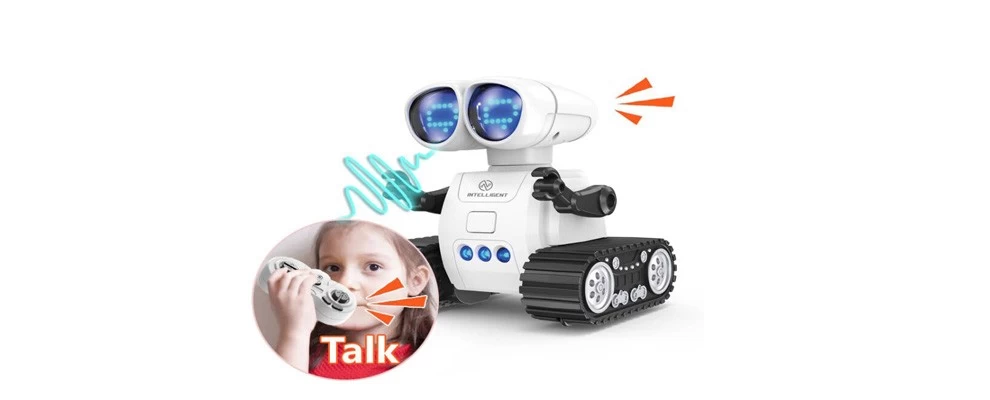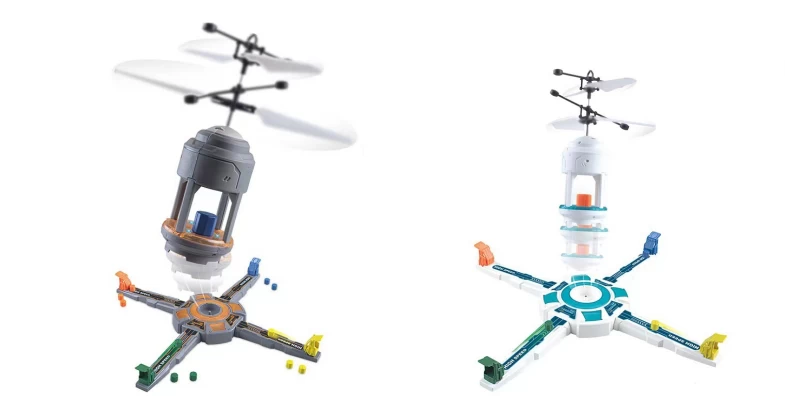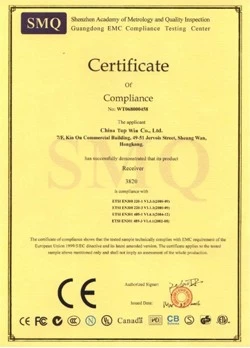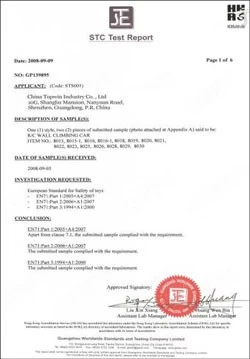SpaceX aims to test its Mars rocket system in first half of 2019
chinatopwin
chinatopwin
2018-03-12 12:06:36
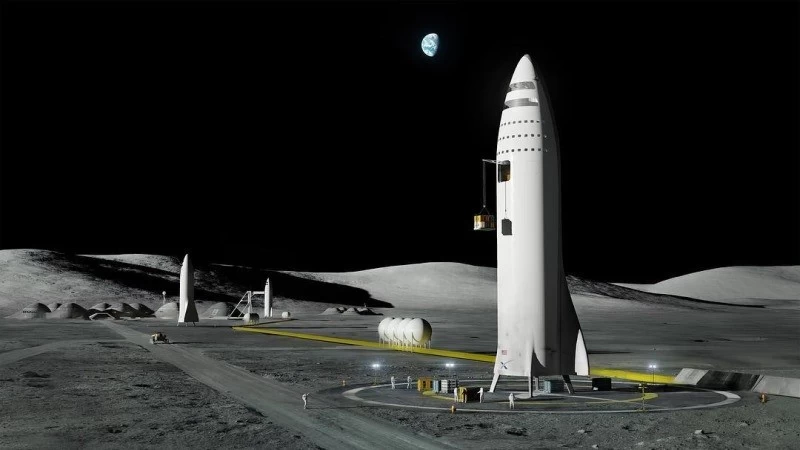
SXSW, Elon Musk said he expected the spacecraft's first "short up-and-down flights" by the first
half of 2019. He was quick to hedge his claim, noting that his timelines tend to be "optimistic"
(remember how Falcon Heavy was supposed to launch in 2013?), but this at least gives you a
time frame. Test flights couldn't place too much later when the goal is to send cargo missions to
Mars by 2022.
BFR is considered the spiritual successor to Falcon Heavy, and in its current design would use a
total of 37 Raptor engines (31 on the booster rocket, 6 on the spacecraft) that should deliver twice
the boost of a Saturn V rocket. It's meant to be completely reusable and would be SpaceX's first
vehicle designed for missions beyond Earth. While Mars missions are the ultimate goal, it should
also be capable of return trips to the Moon (with in-space refueling) and space station resupply
missions. It can carry about 150 tons, or five times as much cargo as Falcon Heavy.
It's easy to be skeptical about the early 2019 target, and not just because of Musk's historically
It's easy to be skeptical about the early 2019 target, and not just because of Musk's historically
overambitious schedules. This kind of interplanetary travel is ambitious even for NASA, and
BFR's nearly 348-foot height makes it much larger than Falcon Heavy (Saturn V, for comparison,
was 363 feet tall). There's a lot of brand new factors to consider. SpaceX has the benefit of much
more experience than it did a few years ago, however, and it has a track record of successfully
pushing the boundaries of spaceflight. It's a question of whether SpaceX has learned enough
lessons to meet its BFR targets.


